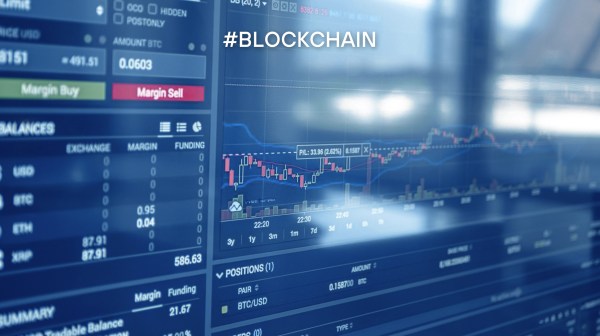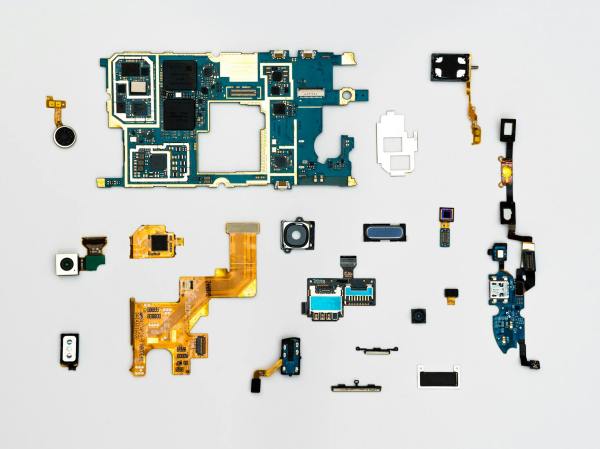The United Nations highlights the need to fight corruption, as reflected in SDG 16 on peace, justice and strong institutions, in which it stresses that one of the areas most affected on a global scale is the judiciary. The worsening of the perception of this problem is evident in Spain, as indicated by the Corruption Perception Index published by Transparency International in 2022. These conducts not only generate a huge economic cost, they also undermine the functions of governmental institutions, public administrations and the private sector and constitute an attack on co-existence and democracy.
Can Blockchain technology prevent corruption?
Blockchain technology is a shared, decentralised, immutable and transparent database. Due to its characteristics, it’s capable of resolving confidentiality problems and storing data over time while ensuring traceability that cannot be modified. And it’s ideal for implementation in obsolete financial and administrative systems that have poor IT security.
Blockchain technology can therefore prevent corruption by providing digital records that cannot be altered. As published by the World Compliance Association, Spain is a global benchmark in the development of Blockchain, highlighting the relationship between the crypto and financial sectors and the use that the university sector makes of it for the validation of academic degrees.
Countries such as Colombia and Peru have also witnessed the positive results of how this technology can prevent corruption. For example, in Medellín a programme has been developed to monitor the selection and procurement processes of suppliers for a school food programme, while a public procurement project has been carried out in Peru. In Spain, educational centres such as ISDI and the Carlos III University in Madrid validate their degrees with Blockchain.
It can undoubtedly become an effective tool that’s capable of rapidly providing transparency, trust and verifiability thanks to the digitisation of the public and private spheres.
Control of projects and data security
Blockchain ensures that each validated annotation is immutable and stored permanently and publicly, which means that no one can delete or change a record, as it functions precisely as a link in a chain. If it’s modified, the chain breaks.
It also provides an opportunity to enforce contracts and even election manifestos, thanks to the smart contracts that are becoming increasingly widespread in the corporate and legal spheres. These contracts are executed automatically as the agreed conditions are fulfilled, without any possibility of interpretations. This can be highly attractive, for example, in the case of public tenders, as it provides complete transparency and allows full monitoring throughout public procurement processes and other kinds of projects.
Within this context, it’s easier to create communities in which others can be trusted without intermediary institutions, as the data are transferred and records are produced by means of smart contracts.
With Blockchain every transaction is recorded and controlled through the traceability it can offer. In this respect, more secure procurement is possible, the number of people involved can be reduced and the costs can be tracked. As a result, diversions of money and the manipulation of funds are prevented and the proper execution of economic resources within public and private organisations is constantly monitored.
Due to its particularities as a decentralised network protected by cryptographic language, it guarantees high levels of cybersecurity by preserving all the information that’s stored. If the data are stored on a traditional computer network, cyberattacks and access to the data are more likely to occur.
The future of electoral processes
Several governments are already considering the future use of Blockchain platforms in sensitive areas such as electoral processes, as the use of Blockchain can prevent corruption in these procedures and make them fully transparent, thus strengthening their democracies.
For this purpose, systems are envisaged in which each citizen will be allocated NFT to exercise their right to vote with, allowing verification of each individual. This method will maintain the privacy of their votes and the transparency of the processes, as they can be reliably audited.
Digitisation provides alternatives such as Blockchain to prevent corruption and combat the manipulation of resources and the lack of transparency in public and private environments.








